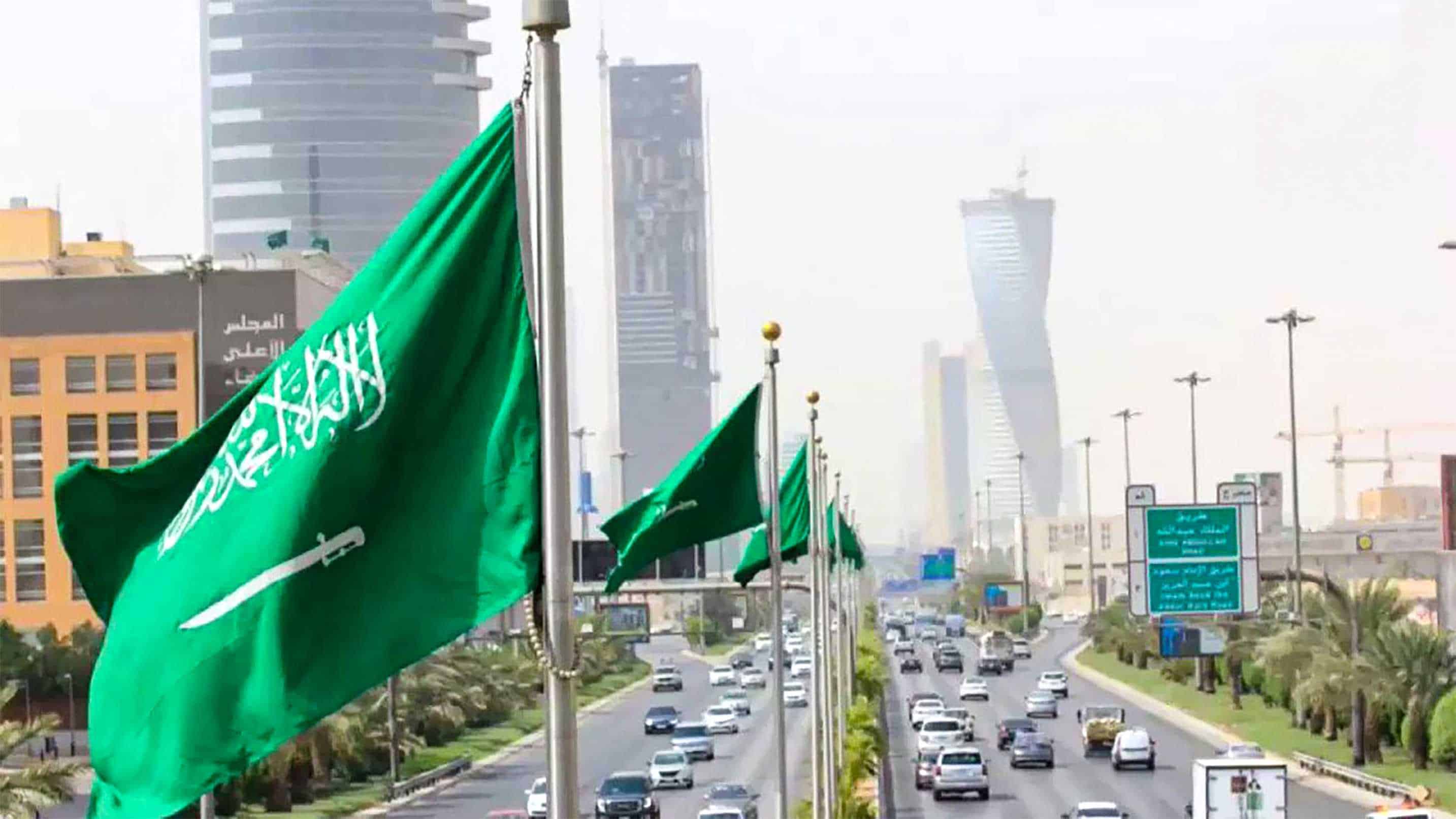Dubai, UAE — Non-institutional foreign investors increased their ownership in Tadawul-listed equities, excluding Saudi Aramco, to SAR 310.80 billion ($82.87 billion), in the week that ended on June 1, Argaam reported.
The ownership of non-institutional foreign investors is represented by swap agreements, residents, and qualified foreign investors (QFIs). However, it does not include the strategic ownership of institutional investors, the report added.
Ownership of investors from Gulf Cooperation Council countries in Saudi equities, excluding Saudi Aramco, rose from 1.86 percent to 1.90 percent of the total market cap, or SAR 55.6 billion, during this period.
Foreign investors’ ownership, including strategic partners, in Saudi equities, excluding Saudi Aramco, fell from 12.19 percent to 12.17 percent, or SAR 356.96 billion, for the week.
Meanwhile, institutional foreign investors, excluding Saudi Aramco, accounted for 1.57 percent, or SAR 46.2 billion, of the total foreign ownership in the Saudi market for the same week.
Investment Destination
On April 13, 2023, Saudi Crown Prince Mohammed bin Salman announced the launch of four special economic zones that would allow foreigners to own 100 percent stake, as part of his plan to position the kingdom as a global investment destination and a vital center that supports global supply chains.
These economic zones would leverage the competitive advantages of each region to support vital sectors such as logistics, industry, and technology. The regions are strategically located in Riyadh, Jizan, Ras al-Khair, and King Abdullah Economic City, north of Jeddah, and would benefit from legislative systems and economic regulations designed to make them highly competitive.
The launch of these zones is part of the Kingdom’s long-term program to attract international companies, encourage foreign direct investment, and promote the growth of future sectors by developing world-class infrastructure.
SEZs attract $12bn in investments since launch in April
A total of $12.6 billion in investments has been attracted by these zones since their launch. An additional $31 billion in investments are in progress, the Special Economic Zones Investment Forum in Riyadh was told last week. At the forum, four Special Economic Zones (SEZs) licenses were awarded to the King Abdullah Economic City’ (KAEC) SEZ, ‘Ras Al-Khair’ SEZ , ‘Jazan’ SEZ, and ‘Cloud Computing’ SEZ. Early investments were also announced.
Khalid Al-Falih, Minister of Investment and Chairman of ECZA Board, said in his opening remarks that the kingdom closed deals worth SAR 285 billion ($76 billion) in 2022 across sectors ranging from auto to ICT, agriculture to aerospace, petrochemicals to mining and renewable energy.

